Welcome to our November Newsletter!
Pumpkin Pie and Pistachio by Regina Tenorio
Sarasa is delighted to welcome back two wonderful musicians, Christopher Lowrey, countertenor, and Michael Leopold, lutenist, for our intimate program of 17-century songs, canzonas and instrumental music on December 4th at Harvard-Epworth Church in Cambridge. This one-hour concert will have two seatings at 6pm and 8pm, and will also be live-streamed for free starting December 10th. Selections include Musick for a while and other gems by Henry Purcell, traditional songs reflecting the Nativity, and less familiar but incredibly delectable Italian monody by the female Baroque superstar lutenist and singer, Francesca Caccini. Other works by Merula, Colombi, Zamboni, Campion, Castaldi and Frescobaldi. Not to be missed! Make sure to read the full details and further important information about COVID-19 protocol below.
We had a chance to catch up with Michael Leopold, and ask him about the upcoming lute repertoire he has chosen to play. While some of the composers might be slightly obscure to us, they certainly made big waves in their day!
Who are Giovanni Zamboni and Bellerofonte Castaldi, two composers whom we have not yet encountered in Sarasa programming?
ML: Giovanni Zamboni and Bellerofonte Castaldi are certainly not well known, even to most lovers of Baroque music, but they hold an important place in the history of lute music. We know very little about the life of Zamboni, but we know he was a well-respected lutenist who lived and worked in Italy during the18th century. His publication from Lucca, Italy in 1718 Sonate d’Intavolature di Leuto is a wonderful representation of early 18th-century lute music. Much more is known about the life of Bellerofonte Castaldi. Today he is remembered as one of Italy’s most captivating public figures of 17th-century Italy. He was known by his contemporaries for controversial poetry, stinging public satires and for his abilities as a virtuoso theorbist, composer and singer. His fiery, independent nature led him to be involved in duels, and he was imprisoned or banished many times for his sharp wit and sword. One famous story about Castaldi is his involvement in a revenge murder of someone who had killed his younger brother over a land dispute. His book, Capricci a Due Stromenti cioe´Tiorba e Tiorbino, contains many interesting works. The first part of the book is dedicated to duets for theorbo and theorbino (a small theorbo, which sounds an octave higher)-- these are the only surviving duets of this type. The rest of the book contains theorbo solos, many with colorful titles, and songs with theorbo accompaniment. His theorbo music is among some of the most virtuosic written for the instrument, and given the small amount of surviving material, Castaldi’s publication is an important piece of repertory.
What do you enjoy most about playing Italian 17th century lute music or music from that era in general?
ML: The music of 17th-century Italy has always held a special place for me. It is an extremely unique repertory, which comes out of the high Renaissance, and focuses on the Ancient Greek idea that music has the power to move our passions and emotions. It comes to life during an experimental period in the history of music and maybe it’s this search to find these emotions in the music that attracts me to it. While music of the high Baroque (Bach, Handel, Vivaldi, for example) is majestic, well thought out and organized, the music of the early 17th century on the other hand can sometimes be fragmented and shocking. It is in these irregularities that the composers tried to move the listeners' emotions, whether it was by having a sudden dissonant harmony to help express and color a word, or by using the music to paint a picture, today known as programmatic music. The unusual nature of the music of this era has always fascinated me, and maybe it’s the unpredictable nature of mankind that has always pulled me towards this experimental repertory.
UPDATE: Sarasa Outreach during COVID-19
Collectively, we all understand a little more about isolation during this global pandemic. It has also underlined how important communication remains, especially for the underserved people in our communities. Following our popular Don Quixote, Knight Errant concert in Brattleboro, VT in September, we prepared a special video of the same music, specifically directed to the youth we serve in detention centers. We wanted to give them a chance to remember to never give up on their dreams, a chance to remember there are people who want to reach out to them, and who still care about them. The reactions from the staff at the Department of Youth Services have been unanimously positive in receiving our “unique and different” video to present to the teens. One youth reacted to the video, “Congrats and keep it up. You should talk less and do more music it was very entertaining you are quite the group.” And another, “It is very good. Your swaying with the music looks like you are possessed by the music. Your necks must be killing you.” Well, we hope to continue this format until we can return to the facilities in person again! We will be preparing a similar video of Musick for a while to send to them in December.
Zamboni vs Zamboni
Here is an example of some beautiful archlute music by the Italian musician, Giovanni Zamboni (1664-1721), discussed above by Michael Leopold. It is from a set of sonatas composed in 1718:
Zamboni might be better known to those ice hockey fans out there as the machine that resurfaces the ice rink, and makes for smooth skating! Invented by a first generation son of Italian immigrants, engineer Frank Zamboni (1901-1988), his surname became the trademark for these machines. Coming back home… below is a photo of one his machines at work at the Turin Olympics in 2006; his mother was born in a village nearby.
And, of course, Snoopy’s own take on Zamboni:
Stay healthy and safe! And we hope you can tune in for:
Musick for a while
Henry Purcell Musick for a while Z. 583
Giovanni Zamboni Arpeggio for solo archlute
Purcell Here the Deities Approve Z. 339
Girolamo Frescobaldi Canzona ottava detta l’Ambitiosa
Tarquinio Merula Folle ben che si crede
Giuseppe Colombi Ciaconna for solo cello
Girolamo Frescobaldi Se l’aura spira
Purcell Oh solitude, my sweetest choice Z. 406
Bellerofonte Castaldi Tasteggio Soave for solo lute
Mary Had a Baby (Spiritual)
Greensleeves to a Ground (Anon.)
Thomas Campion Never weather-beaten saile
Purcell Fairest Isle Z. 628
Francesca Caccini Io veggio campi
Francesca Caccini O vive Rose
Friday, December 4th 2020
6-7pm & 8-9pm
Harvard-Epworth United Methodist Church Cambridge, MA
Christopher Lowrey, countertenor; Michael Leopold, lute/theorbo/guitar; Jennifer Morsches, Baroque cello
This concert will stream FREE on the Sarasa website starting December 10th*
NOTE: You must purchase your tickets in advance in order to attend the concert. No walk-up sales will be permitted. With strict government guidelines in place, a maximum of 25 audience members will be allowed at each of the two one-hour concert sittings. Face masks are compulsory, and seating will be physically distanced to ensure comfort and safety.








